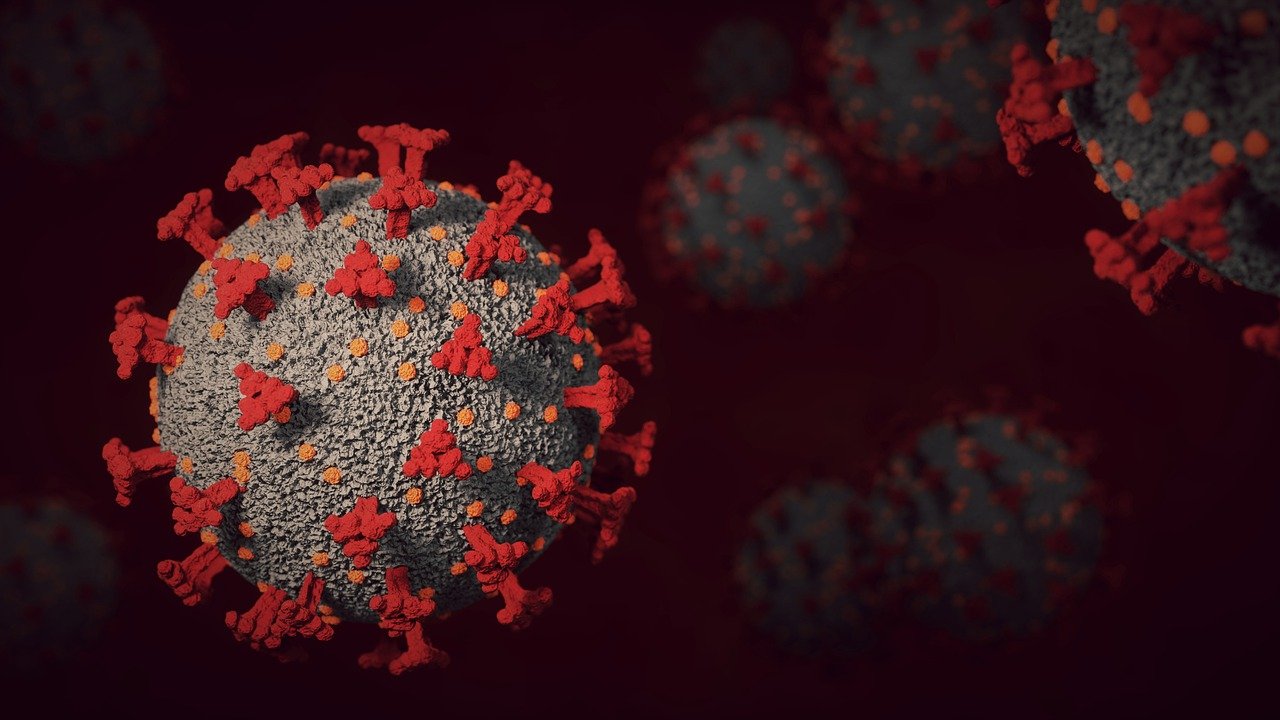The debate about COVID-19 in Germany is increasingly about whether it is not good for the infection to spread en masse, so that everyone can get sick and acquire natural immunity. This question has become especially relevant since the Omicron variant began to spread extremely quickly.
Tobias Kurt, director of the Institute for Public Health at the Charite Clinic in Berlin and professor of epidemiology and public health, said a massive spread of the virus would be dire. “This question is essentially about creating basic immunity in the population,” he told Deutsche Welle.
The most important question in this case is this: now, when more and more people are infected with the coronavirus, can we hope that one day everyone will get sick and the population will acquire immunity? In other words, wouldn’t it be better to just wait and see what happens?
No, this is definitely not a good decision, said German health minister Karl Lauterbach, who is an epidemiologist. “A massive contagion cannot be a good option,” he told n-tv in an interview, explaining: “Even if Omicron does not cause a disease as severe as the Delta mutation, there will still be too many people permanently damaged by COVID-19.” …
The so-called Primary or “herd” immunity, which Tobias Kurt believes should be the focus, occurs when the immune system of most people is able to effectively resist the virus – not only after infection, but also through immunization. “The key in this case is to activate the immune system either through contact with the SARS-CoV-2 virus, or through a vaccine,” the expert explained. “We hope that someday there will be enough people who have had such contact so that severe forms of Covid-19 no longer occur, and at the same time there were not too many sick.”
As the waves of the pandemic weaken, the current SARS-CoV-2 pandemic will gradually become endemic. will begin to resemble seasonal flu without disrupting public health.
It is difficult to say exactly when such a time will come, as the immune response against COVID-19 is unstable. People who have been ill and recovered can become infected again. The same goes for vaccinated people – this is mainly due to the fact that new variants of the virus are constantly emerging.
Fortunately, the immune system to some extent “remembers” its previous contact with the virus and reacts, thereby preventing a new severe course of the disease.
“Contact with one of the new variants of the virus is like contact with a person who speaks a dialect form of the same language. do not fully understand each other, “said Tobias Kurt.
But in order for the immune system to react to such a “dialect” and to protect us from the more severe form of COVID-19, it had to first come into contact with a virus or vaccine. According to the Robert Koch Institute, more than 15% of the adult population in Germany has not yet been vaccinated. In some federal states their share even exceeds 25%.
Is mass infection dangerous for everyone?
The people in question would be at extremely high risk if a massive infection occurs. Then there will be an incredibly large number of people who will get sick. This scenario is quite realistic given how contagious the Omicron variant is, Kurt warns.
A massive penetration of the virus would be too risky for children and young people. In Germany, for example, almost 40% of young people between the ages of 12 and 17 are not vaccinated at all. In this age group, as in young children, COVID-19 tends to be milder and without severe symptoms. However, experts warn that while there is not much information about the possible long-term damage that the disease causes to the body. That is why young people must be protected from possible illness.
“Even vaccinated people are not completely protected from dangerous disease,” warns Tobias Kurt. Those who have been vaccinated or ill can also become seriously ill, although much less frequently. To deliberately admit the possibility of mass infection would mean playing Russian roulette. Such a risk would be unreasonably high, “said the epidemiologist.

